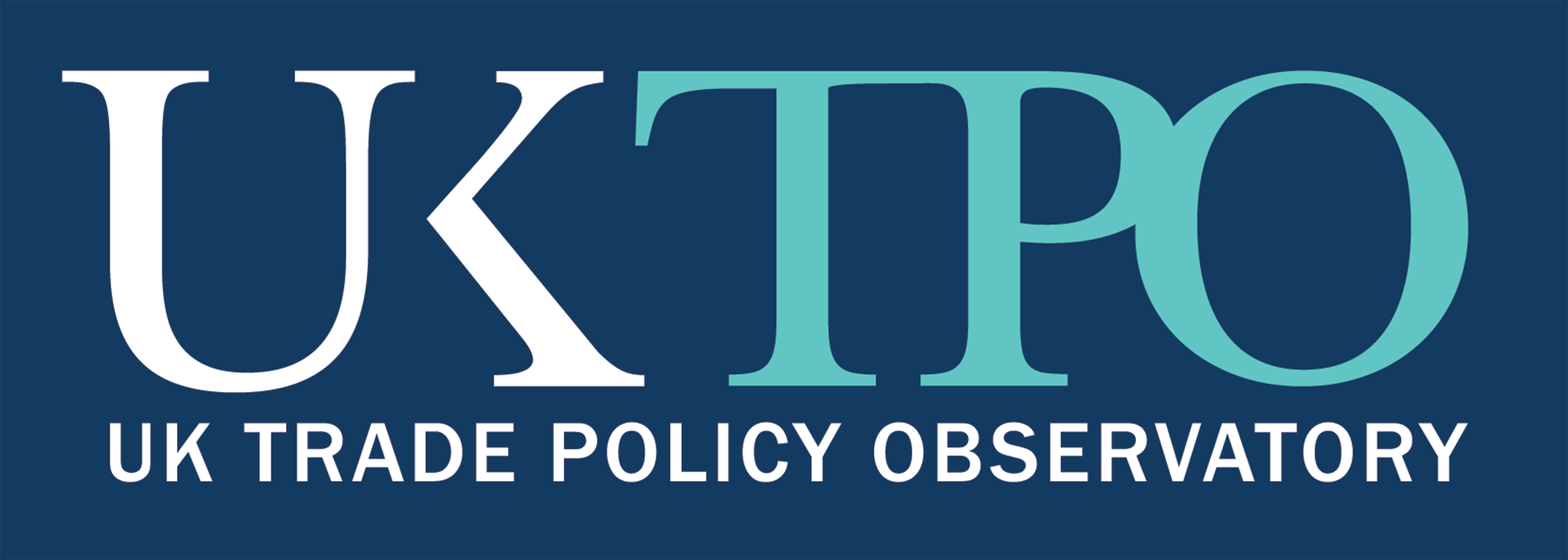A critical look at the UK’s Critical Minerals Strategy
The UK has now released its new Critical Minerals Strategy which outlines the prospective domestic and international policy actions that the UK Government will take, or will consider, in its pursuit of critical minerals security. By doing so, the UK joins a host of regions (the United States, EU, Canada, Australia, Japan, African countries) that have emphasised the central role of critical minerals in their trade policies, foreign policies, and green industrial strategies. These regions also published their respective strategic approaches to critical minerals recently. There is a powerful narrative in developed economies regarding the indispensability of critical minerals for national and economic security, seeking to strengthen supply chains and make them more resilient by reducing ‘import dependence’ imports and diversifying international sourcing. Concern over Chinese, near-monopolistic involvement in critical minerals supply chains, which could be weaponised, provides the main geopolitical context for most of these actions. At the same time, mineral-rich countries, which range from those in the developing world (including African and Southeast Asian countries) to Australia and Canada, are looking to leverage their mineral wealth to secure their own mineral-led industrial futures while exploring the right policy mix to attract investments and provide secure partnerships to access-seeking [...]

